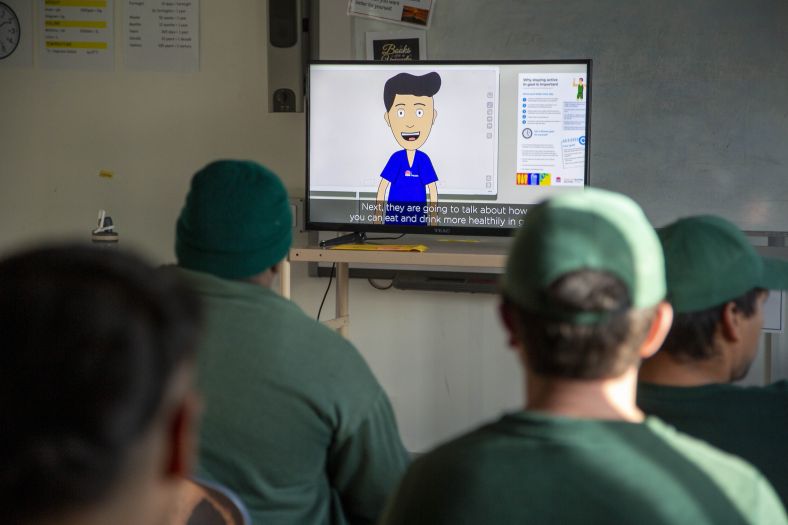Related news
News
15 January 2025
The Justice Health NSW Research team have celebrated an important milestone, with the recent publication of their 2021 Patients’ Experience and Perceptions Study.
News
18 December 2024
A specialised mental health service for young people at risk of entering the criminal justice system is being expanded to regional areas of NSW to foster better outcomes and prevent youth crime and incarceration.
News
4 December 2024
Justice Health NSW has published its 2024 Year in Review , showcasing the exceptional achievements and contributions of our staff and organisation in advancing our 10-year Strategic Plan 2023-32 – Together for Healthier Tomorrows.
